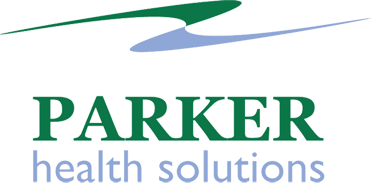CoQ What?
What is it, why the weird name and why do we need it?
First CoQ10 really means Coenzyme Q 10 and has other names like ubiquinone and ubidecarenone, these names refer to the substance’s ubiquitous appearance throughout the body. Coenzymes are a subgroup of what are generally known as cofactors. Cofactors are chemical compounds that bind to a protein and are integral to the proteins function. Coenzymes are a type delineated by its loose fitting bond with their protein. And what that jargon means is that proteins in our bodies have cofactors and actions that they carry out and by extension coenzymes activate those proteins so that their role is fulfilled.
CoQ10 plays a significant role in something called the electron transport chain or ETC. This pathway is an important one in the production of cellular energy. CoQ10 is also a potent antioxidant which is something we all could use a bit more of. The tissues with some of the highest metabolic rates and thus the highest requirements for energy like the heart and liver also have the highest concentration of CoQ10. As we age our natural production of CoQ10 declines and not surprisingly our metabolism and general energy level decline as well. That may be enough to warrant a small supplemental dose in order to help deal with our daily stresses. However, the people with marked deficiency of this critical nutrient are those on statin drugs for lowering cholesterol. Statin drugs stop a particular enzymatic pathway (HMG CoA Reductase) from producing cholesterol, unfortunately that same pathway is used to produce our endogenous CoQ10. Also the CoQ10 precursor “mevalonate” is inhibited by some beta blockers, so blood pressure and cholesterol meds have shown to drastically reduce the endogenous quantity of this vital metabolic nutrient with the intention of improving heart health. But as we referenced earlier the heart requires more CoQ10 than almost any other tissue. This is obviously not the smartest way to improve heart health and protect sensitive tissue from damage. Simply lowering cholesterol has not been effective in protecting the heart and the vast majority of high blood pressure is idiopathic… meaning no identifiable cause (which really most often means lifestyle).
So is the answer these two drugs or developing and maintaining a healthy lifestyle based on sound whole food nutrition and regular activity? The NEED for supplemental CoQ10 would essentially disappear with a quality lifestyle and without these drugs. True our levels do decline as we age and supplementing can help to stave off declining energy and the increase of free radical damage but it would be a potential aid in optimizing function and not as a necessary nutrient as it has become for those who take either of the above mentioned class of drugs.
